Did you know that the Checker Motor Company had started in Kalamazoo and lasted 87 years? This western Michigan history has threaded its way through Chicago and New York. Join Chuck and I as we learn about Checker Cabs and the people behind these mighty vehicles.
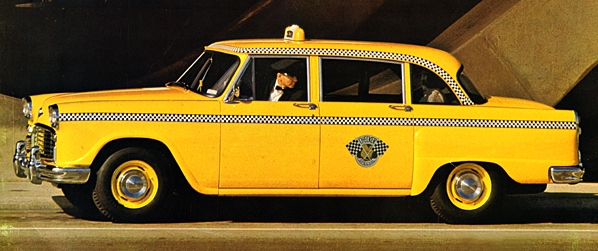
Who Was Morris Markin?
Morris Markin, the founder of Checker Taxi Cabs, had humble beginnings. At twelve years old, in the early 1900’s, Morris Markin had started working in the largest commission supplier in Smolesk, Russia. By eighteen this “confidence man” (later shortened to “con man”) was in charge of purchasing and delivering tailored trousers, dry goods, produce and food stuffs. However, Morris Markin hadn’t felt secure as Russia’s future had been unstable.
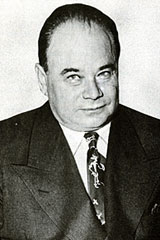
Markin’s two uncles had been writing about their exciting lives after immigrating to Chicago. With a spark in his eye and a dollar sixty-five in his pocket, Morris Markin, 19, traveled to the United States.
Chicago
Joining his uncles, Morris Markin had started work as an errand boy for a tailor. With the death of the owner and Markin’s leadership skills, Markin had been put in charge of the tailor shop by the owner’s wife. Soon, Morris Markin had started his own tailoring business which “made the best pants in the world.” He’d boast. These pants had been selected to become part of the U.S. Army’s uniform. Having such a lucrative client, Morris Markin’s pockets had filled with funds.
Morris Markin had earned enough money to assist his family in proper emigration from Russia. At the same time, Morris Markin had continued to keep a keen look-out for other investment opportunities. He invested locally in Russian owned businesses.
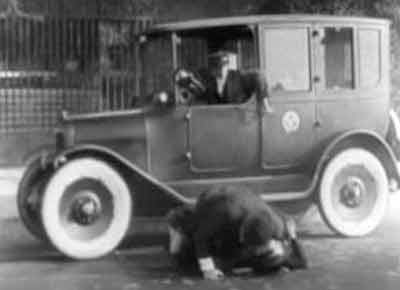
Are the two men on the ground fighting?
Photo Credit: Russian Museum
Something had enticed Markin about automobiles. So, using his amassed fortune, he’d opened his own repair shop, “Markin Body.” At that time, around 1919, he had taken over a fleet of Chicago cabs. Boy, I wish I could have been witness to some of these conversations with Morris Markin, the “con man.”
A few years later a friend from Joliet, Illinois, Abe Lomberg, another Russian immigrant, had been experiencing long-standing financial difficulty. “The shrewd Markin completed a number of legal maneuvers in rapid succession in order to protect his body building investment.” (Coach Built article) Markin had joined the two companies in May 1922 creating Checker Cab Manufacturing Corporation.
As production increased to over one hundred cabs each month, Markin began making plans to expand.
Chicago Cab Wars – Bombings/Mysterious Fires
However, Chicago Cab Wars had gripped the streets of the city. It had started with Ralph Sexton, a Checker chauffeur, being shot and killed at Morris Markin’s home. Markin, the founder and president of Checker Motor Company, had been irate at the death of his friend and blamed rival taxi cab companies.
In addition to the violence, these rival companies, Yellow Cab and Wildcat Taxis, had challenged Checker Motor Company’s earnings and reputation by driving yellow colored taxis with a checkered logo. Violence continued to erupt in the streets.
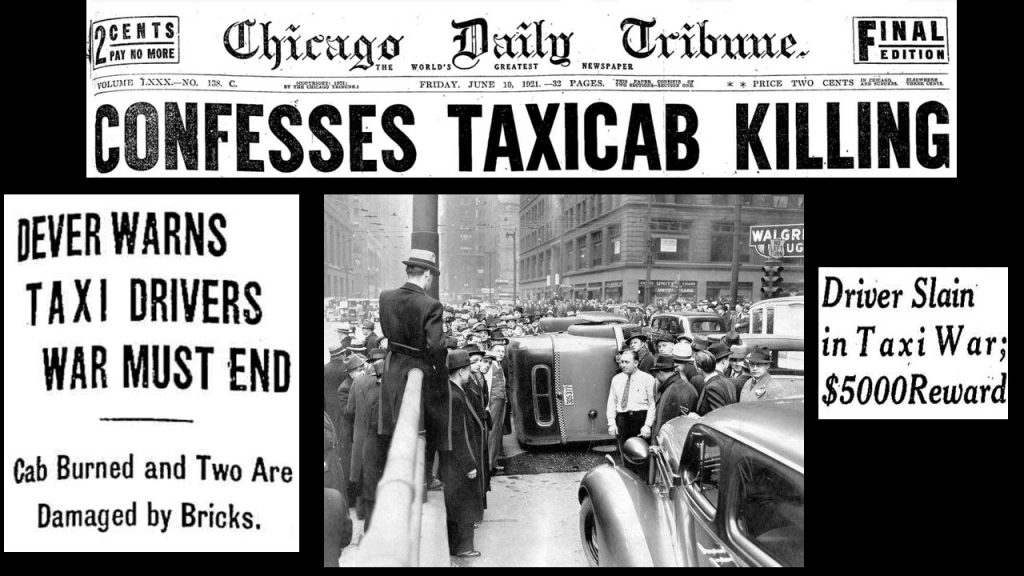
The Yellow Cab Company in 1929.
These unregulated drivers fought with brutal violence to try to capture the slim market of clients. Retaliation continued with some “wildcat” cabs parked under the “EL” (elevated train). These vehicles had suffered damage from an explosive believed to have been thrown from the EL train.
In 1923 Morris Markin’s home had been destroyed by a bomb set by competitors. The violence between cab companies had tainted production and the safety of their customers.
John Hertz, the owner of The Yellow Cab Company, had sustained property loss of over $200,000 and the death of eleven thoroughbred racing horses in a mysterious fire, which had investigators questioning rival cab companies, namely Checker. Very little evidence was found, but Hertz decided to sell his remaining shares to Morris Markin. John Hertz had turned his business pursuits from taxis to go into the rental car industry. (Yup. That’s right. Hertz Rental Cars had started back then.) Markin now had a monopoly on the Chicago Taxis, so the “Chicago Cab Wars” had come to an end. Well, except for the follow up trials.
Was It Kindness or Bribery?
Supreme Court Justice Cohalan heard testimony about the Cab Wars in November 1923. Three Yellow Cab chauffeurs had been arrested on perjury: Frank Spurr, Charles Kaplan and Bernard Goldstein. Each had endured a beating and received a ‘financial gift.’ Then they had changed their previous testimony. According to their new statements, Morris Markin had lacked any blame.
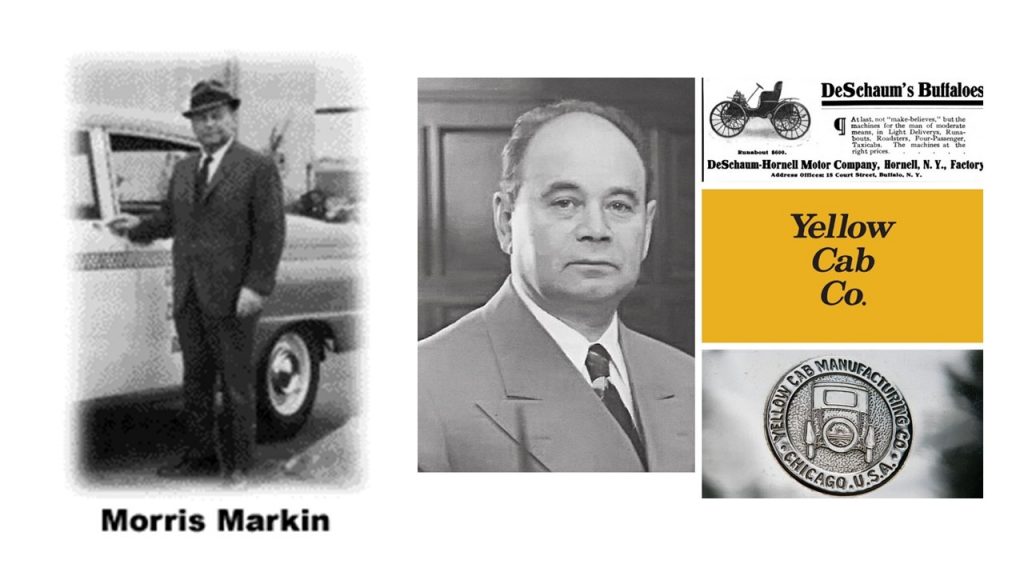
Checker’s previous president, Morris Markin, had confirmed that he’d give each $1,080.00 as a ‘gift.’ Markin had said, “in no sense had bribed them or attempted to bribe them.” “The men had been beaten and suffered much in the progress of the war.” The act of giving them money was “an act of kindly justice” according to Markin.
Superior Judge Sullivan oversaw the next stockholder’s meeting for Checker Motor Company where Markin and E.R. Carlson had been voted out of their positions, loosing their control of the business. But not for long. Markin had somehow managed to maneuver himself back into leadership. That had been an example of the classic “confidence/con man” strategy.
How Did The Checker Company Come To Kalamazoo?
Leeland F. Goodspell, an engineer from Kalamazoo, Michigan had been offered a job by Morris Markin. But Goodspell refused to move to Chicago. Morris Markin had conceded and purchased two automobile factories in Kalamazoo: Dort Body and Handley-Knight. These factories were organized and ready for production. Again, I wish I could have heard this conversation between Goodspell and Markin!
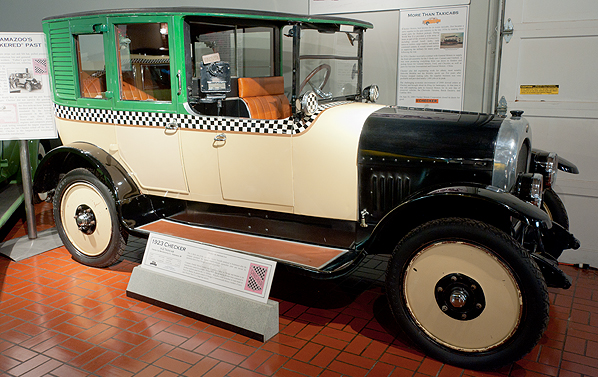
It’s on display at the Gilmore Car Museum. Photo Credit: David Kohrman
Facility Expansion
By 1929 Albert Kahn, a famous car factory architect, was hired to expand the facility in order to increase production.
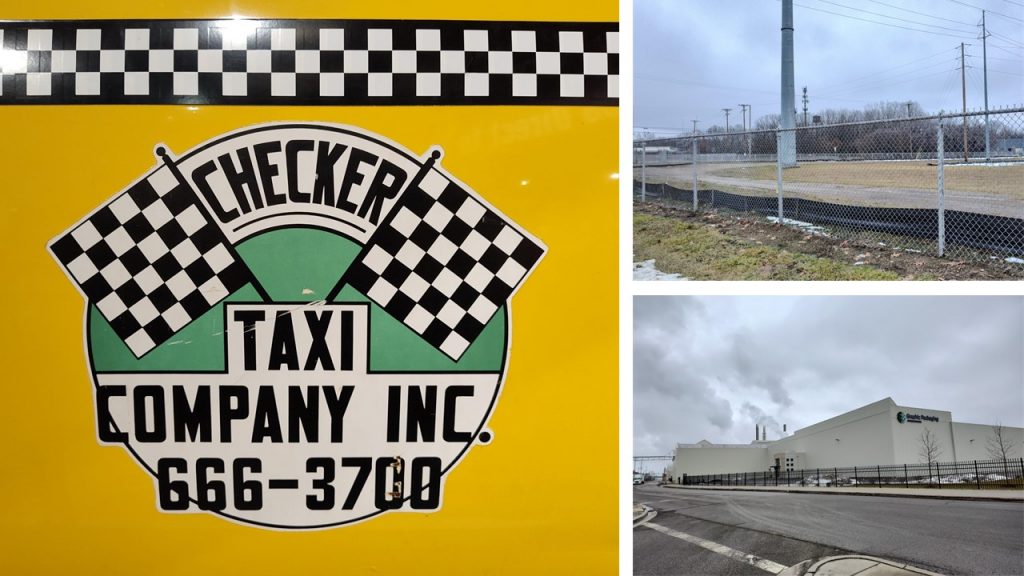
Increased Production
The new facility that Albert Kahn had created increased production to one hundred cabs each day with five thousand every year. Markin had equated the smoothly running mechanics to a merry-go-round, while others compared it to a Rube Goldberg machine.
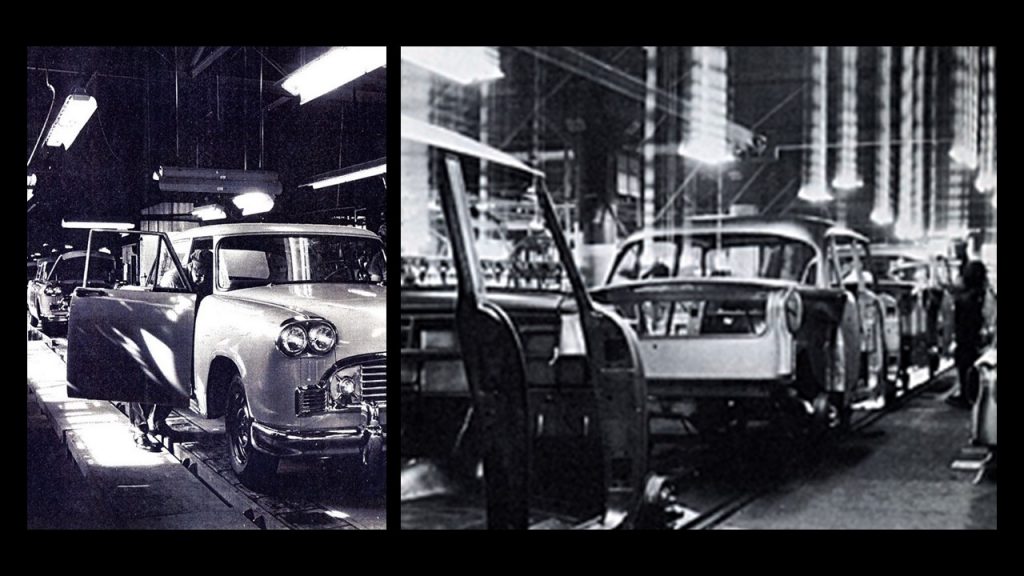
Photo Credit: Kalamazoo Valley Museum and Kalamazoo Library
The Checker Motor vehicles had held their reputation for being reliable and recognizable. Several Taxi Companies from large cities exclusively purchase only Checker Motor cabs: The Checker Cab Company, Yellow Cab and the Parmalee Transportation Company.
The Great Depression
Following two years of slumped sales, the board of directors fired Morris Markin on August 4, 1933. Markin acted quickly and enlisted his friend, E.L. Cord, to purchase stock options in the company. With a majority of holdings, E.L. Cord reinstated Markin to his seat as president. .
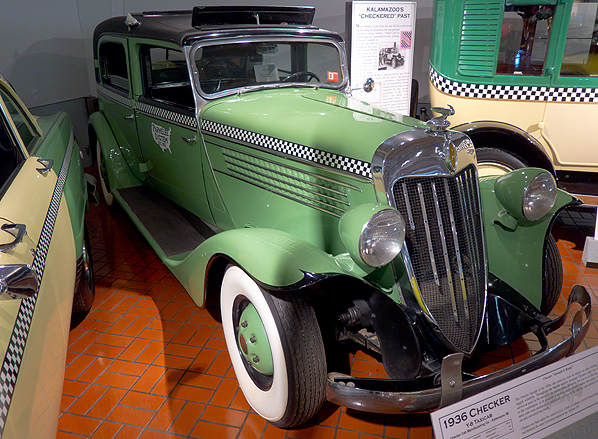
World War II
Once the United States joined World War II, production of Checkers had stopped cold. The factory had been converted to producing Army vehicles: truck cabs, tank recovery trailers and self-contained trailers.
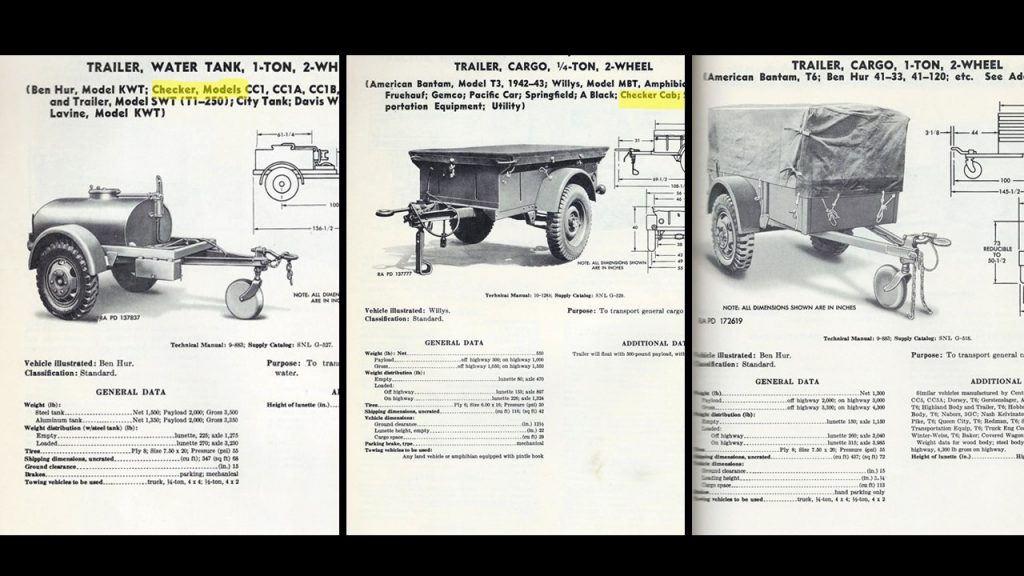
Legends
Without new cabs being made, the pre-war Checkers had to continue working long, tired hours. These vehicles lifted their chins proudly just as their drivers. Legends began immerging about Checker cabs running over a million miles.
Classic Design
From the beginning Checker’s research and development departments improved the models and designs. Every few years a newer model would be introduced. By 1956 the classic, boxy design had taken root. “Why fix what’s not broken,” had been their motto. Only a few minor changes had taken place over the next twenty-seven years.
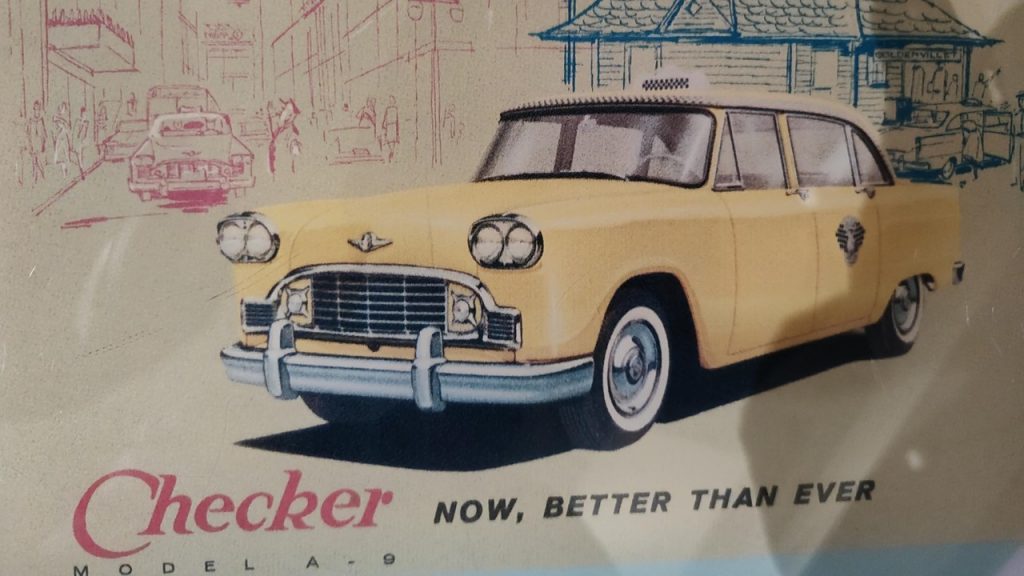
. By 1965 over a quarter of the nation’s cabs had been built by Checker.
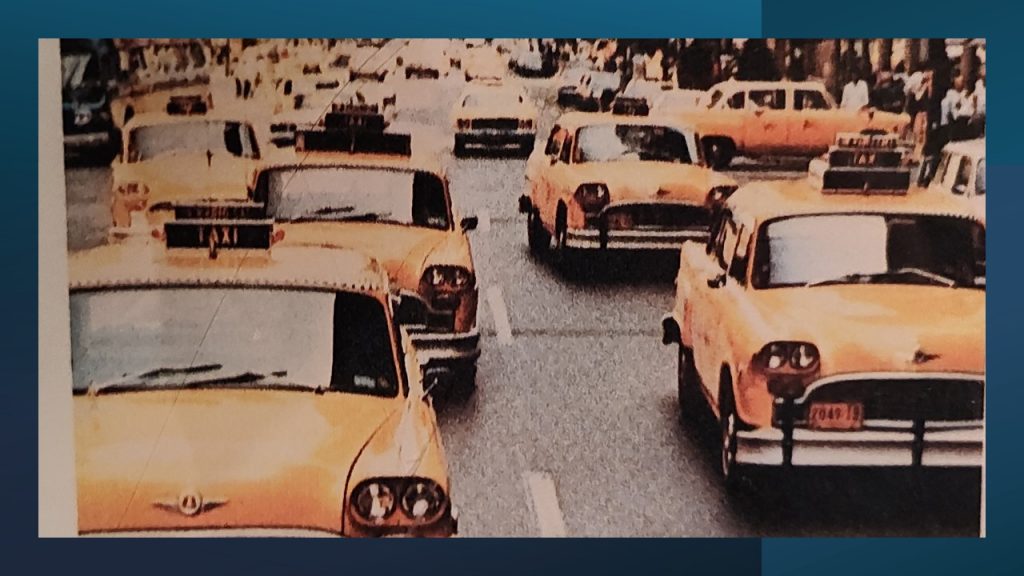
The “Blue Collar” Movie – 1978
The Hollywood movie, “Blue Collar,” had been filmed in Kalamazoo and inside the Checker Assembly Factory. The script had called for a Detroit setting, but none of the “BIG” automakers would allow filming inside their production areas, so Checker had gladly opened their doors.
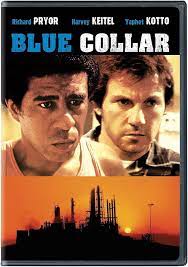
Many locals from Kalamazoo had worked as extras in the film starring Ed Begley, Jr., Harvey Keitel, Yaphet Kotto and Richard Pryor.
The Downfall
With the passing Morris Markin in 1970, the company floundered. Gas prices were rising, the cabs were heavy and expensive to repair. Cost saving ideas were thrown around, but finally in 1982 it had been decided to cease production of the Checker Cabs.
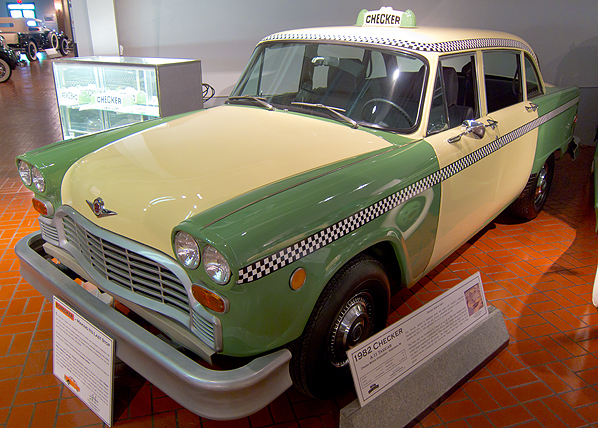
It had been the final production model ever made rolling out of the factory on July 12, 1982.
Photo Credit: David Kohrman
Parts production continued until 2009.
A Markin Legacy
In addition to the incredibly unique taxi cabs, David Markin, Morris’ son, has left an athletic legacy. The Markin Racquet Center, indoor tennis arena, hosts Kalamazoo College students. This building had opened in 1985.

“Dave was really an amazing guy,” Gemrich had said to an MLive reporter. “He had a razor-sharp wit and an agile and very bright mind. He was a great philanthropist in Kalamazoo and elsewhere.”
“Hail Kalamazoo” – 2004
“Hail Kalamazoo” had been a 2004 celebration including 30 four foot high Checker cabs installed around the city. Each had been decorated by a different artist.
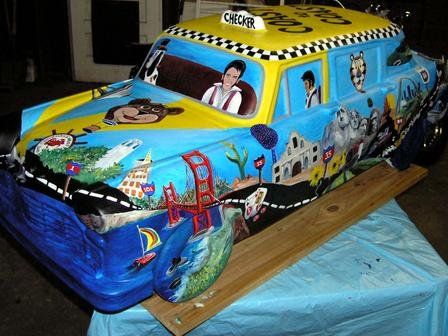
Today’s Chicago Taxis
With the increase of Uber and Lyft drivers, demand for medallion-certified and insured taxi’s has dwindled. Then, in 2020 the pandemic squeezed the industry even more. For example, the Blue Ribbon Taxi Association had 230 automobiles in its fleet at that time, but only five cars had been servicing customers. Since 1993 Blue Ribbon Taxi has continued to serve Chicago. They are in business today with the motto of 24/7 call 1-800-TAXI-123.
Ponderings
Checker Motor Company has driven through our cities and woven stories that have intrigued us. After seeing the Checker Cab at the Kalamazoo Valley Museum, it has been a journey to learn about Checker’s connection to Kalamazoo! The Checker Motor Company’s history had started with mobster beginnings to wild success, followed by military service to the stately legends, decades of the classic design and finally the dwindling of production. We appreciate you joining us as we look behind the curtain of Kalamazoo! Check out the links below for more Kalamazoo history!
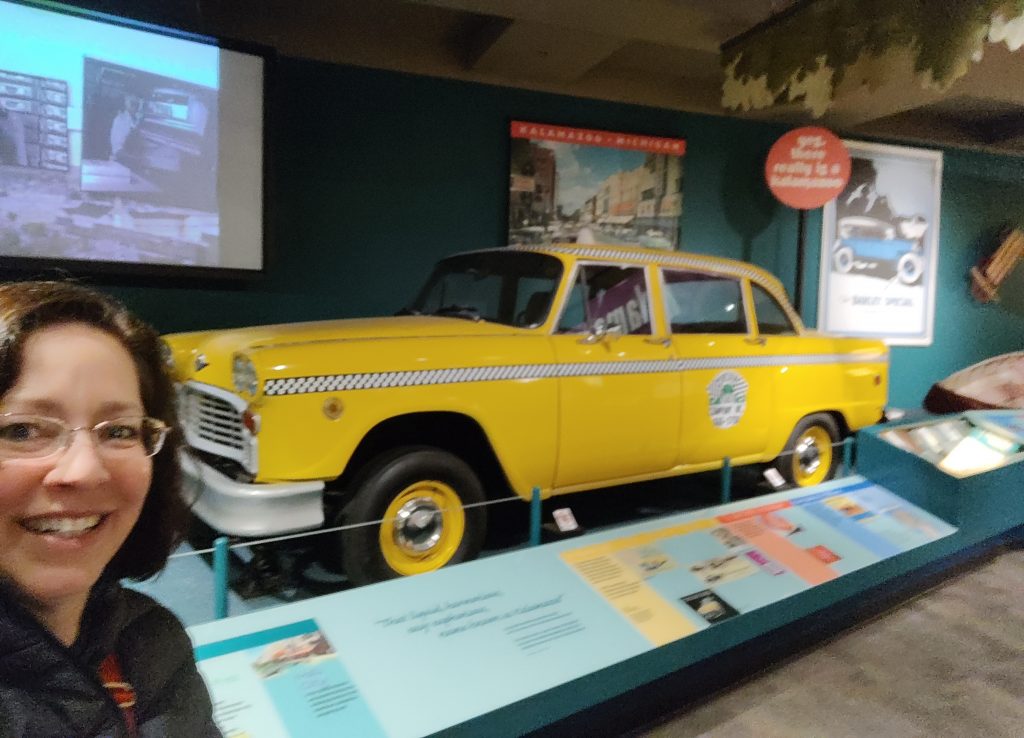
Related Links:
Restless Viking merchandise is available.
Gibson Guitars – Kalamazoo article
Celery – Kalamazoo History article
Kalamazoo’s Secret: Arcadia Creek article
The State Theatre – Kalamazoo article
Abraham Lincoln’s Speech – Kalamazoo article
The Beer Exchange – Kalamazoo article
Resources:
The Kalamazoo Public Library article
Chicago Tribune article December 5, 1923
Indianapolis Star article November 4, 1923
Coach Built article
Markin Racquet Center MLive article
WGN TV article
Legends of America “Rise of an Empire” article by Jim Hinckley
Blue Ribbon Taxi Association Facebook Page



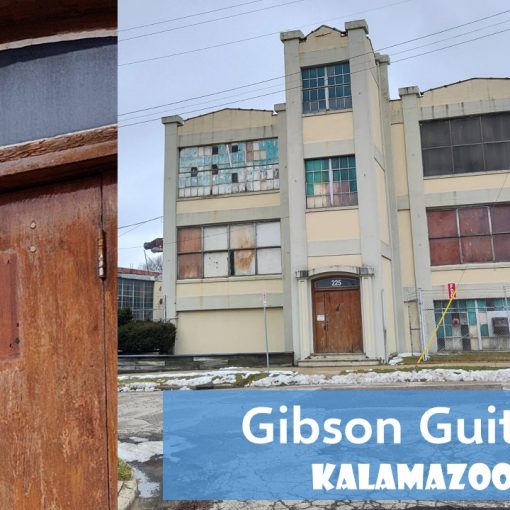

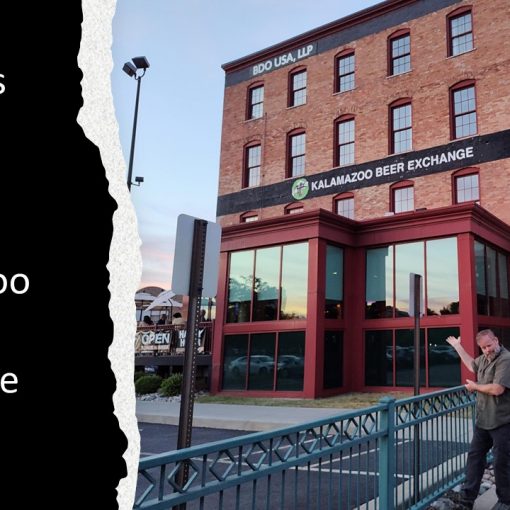
One thought on “Checker Motors – Taxi Cabs”
Cool article! I never knew that Checker was based in Kalamazoo! I learn new things with every article! Morris Markin must have been a character.